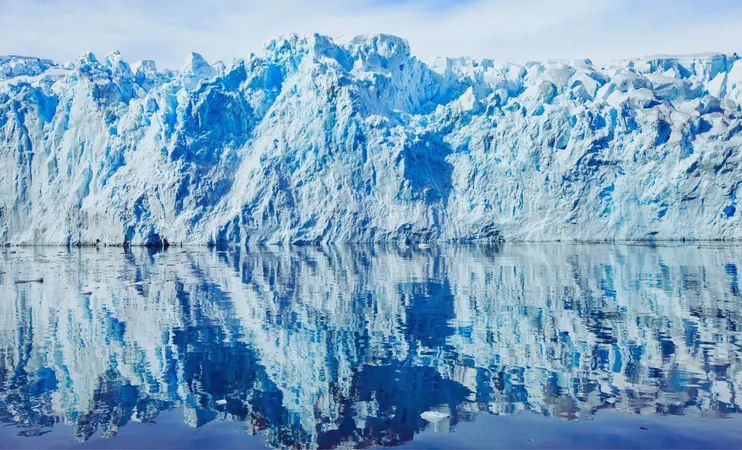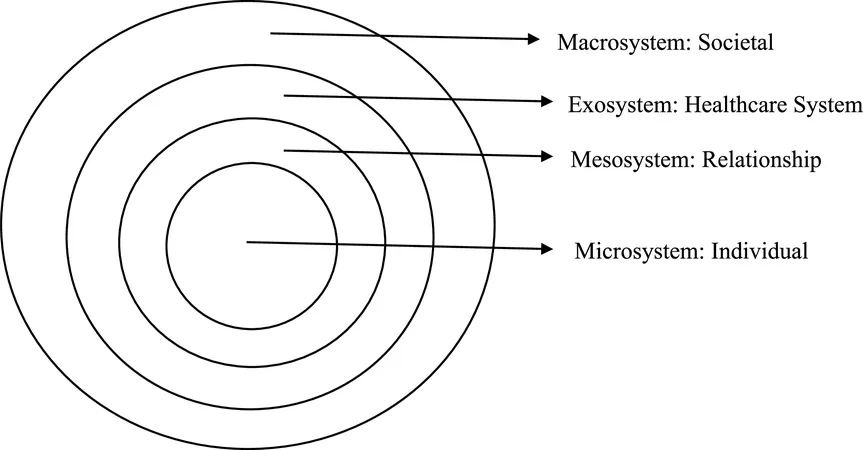
Antarctica's Ice Crisis: Alarming Trends That Could Change Our Planet Forever!
2025-07-05
Author: Rajesh
A Shocking Ice Loss Revelation
Antarctica is undergoing a drastic environmental upheaval, leading to an alarming loss of sea ice. Recent findings reveal that since 2015, the continent has shed an astonishing amount of ice—equivalent to the entire mass of Greenland! But this ice melt is just the tip of the iceberg, hinting at dire global consequences.
Rising Salinity: A Game Changer for the Southern Ocean
Recent studies published in the Proceedings of the National Academy of Sciences (PNAS) have uncovered an unexpected surge in salinity levels in the Southern Ocean. For years, researchers witnessed a trend of freshening waters vital for maintaining sea ice. Now, this trend has reversed, with salinity levels rising, threatening to destabilize the entire ice-ocean dynamic.
The implications? Increased salinity is allowing warmer, deeper waters to rise, drastically affecting ice stability and triggering a disturbing feedback loop: less sea ice means more heat absorption, which, in turn, accelerates further ice melt. The ramifications of this cycle are already being felt around the globe, from stronger storms to rising sea temperatures.
The Return of Maud Rise: A Troubling Indicator
One of the most shocking developments is the re-emergence of the Maud Rise polynya—a massive hole in the sea ice not seen since the 1970s. This enormous patch, nearly four times the size of Wales, signals a critical instability in the ice-ocean relationship, making Antarctica more vulnerable to climate change.
Dr. Alessandro Silvano from the University of Southampton highlights the significance of this occurrence: "The return of the Maud Rise polynya illustrates just how unusual our current conditions are. If the salty, low-ice state persists, it could fundamentally alter the Southern Ocean and, by extension, our planet."
The Global Ripple Effect
The implications of these changes stretch far and wide. As the ice retreats, Antarctica's ability to reflect sunlight diminishes—accelerating global warming. This contributes to extreme weather, including powerful storms and shifting ocean currents, while threatening the habitats of iconic wildlife such as penguins.
Urgent Call for Action
With the pace of these changes quickening, scientists are urgently demanding enhanced monitoring of the Southern Ocean. The newly observed salinity levels and ice loss challenge previous Antarctic climate models. Professor Alberto Naveira Garabato, a co-author of the study, stresses the critical need for ongoing observation: "Our current understanding may not be sufficient to predict future changes accurately."
He notes, "We need continuous satellite and on-site monitoring to fully grasp the drivers behind the evolving conditions. Without real-time data, forecasting the long-term impact of these environmental shifts will be exceedingly difficult. Immediate research and monitoring efforts are essential for developing approaches to mitigate their impact on global ecosystems."
A Planet in Peril
As Antarctica's ice crisis unfolds, the message is clear: the world is at a tipping point. With each melting slab of ice, we're not just losing a part of our planet—we're reshaping the future of global ecosystems. How long can we afford to wait before we take action?






 Brasil (PT)
Brasil (PT)
 Canada (EN)
Canada (EN)
 Chile (ES)
Chile (ES)
 Česko (CS)
Česko (CS)
 대한민국 (KO)
대한민국 (KO)
 España (ES)
España (ES)
 France (FR)
France (FR)
 Hong Kong (EN)
Hong Kong (EN)
 Italia (IT)
Italia (IT)
 日本 (JA)
日本 (JA)
 Magyarország (HU)
Magyarország (HU)
 Norge (NO)
Norge (NO)
 Polska (PL)
Polska (PL)
 Schweiz (DE)
Schweiz (DE)
 Singapore (EN)
Singapore (EN)
 Sverige (SV)
Sverige (SV)
 Suomi (FI)
Suomi (FI)
 Türkiye (TR)
Türkiye (TR)
 الإمارات العربية المتحدة (AR)
الإمارات العربية المتحدة (AR)